Hoo, boy. On Monday, the former President filed his much-hyped “Fourth Amendment” motion for “Judicial Oversight and Additional Relief” calling for a Special Master to review documents seized from Mar-a-Lago to identify any privileged documents, a fuller accounting of what was taken, and a return of anything outside the scope of the warrant.
To say the “motion” was ill-conceived and poorly executed would be to give it credit. While the mainstream press lamentably yet predictably elevated the filing as if it were perfectly normal and sound, legal analysts had a field day with it.
As U.C. Berkeley law professor Orin Kerr put it, reading the filing you “imagine a lawyer who doesn’t quite know what he’s doing and then Trump taking a Sharpie to the draft and insisting on passages that read like tweets.”
For the sake of clarity, let’s walk through the ways the filing itself falls far short of what we should expect on a question of such national importance. Let’s also look at the ways Trump may actually have hurt himself with this move.
The Request for a Special Master is Both Moot and Pointless
At the center of his demands, Trump is hoping to convince a federal judge to order a Special Master to review documents he claims are privileged. To be fair, requesting that a Special Master review seized documents for privilege isn’t uncommon.
What is uncommon is asking for it two weeks after the fact, when agents likely already have reviewed the documents. A Special Master may have certain powers, but unringing the bell isn’t among them.
Moreover, as one legal observer noted, the motion does not even mention attorney-client privilege as Trump earlier had. Rather, it conflates everything within a generalized claim of “privilege”—meaning really just executive privilege.
If there actually were attorney-client privileged documents in the materials, Trump and his lawyers likely would have put that front and center, as legal analyst Renato Mariotti observed.
This limitation to executive privilege is important because even were a hypothetical Special Master to find that some documents fall within executive privilege, the law is clear that the privilege belongs to the current executive in the White House, and that the former President has no business holding onto any presidential records.
All the Special Master would wind up doing is sorting the records but not returning any to Trump.
The Motion is Procedurally Deficient
Trump filed this motion in civil court and wound up with a different federal judge than the magistrate who reviewed and approved the original request for a warrant. But the motion itself is problematic because, simply put, it isn’t clear at all what on earth it is.
Normally, when you appear for the first time in civil court, you file a complaint that sets forth what you want.
Or if it’s a true emergency, you then file a motion for a temporary restraining order or preliminary injunction again setting forth 1) what it is you precisely want, and 2) under what rule or statute the court is empowered to grant what you want.
For example, TROs and preliminary injunctions are authorized by Rule 65 of the Federal Rules of Civil Procedure.
Here, as one legal commentator drolly noted, Trump's document is “filed as a separate action without complying with most of the rules for a separate complaint, but styled as a motion, without following most of the rules for motions.”
He then quipped:
"To be fair, there is no rule governing a Youtube comment."
Importantly, to the extent Trump through this motion is seeking in any way to suppress evidence obtained pursuant to the warrant or to otherwise challenge its issuance, it is premature to do so because criminal charges have not yet been filed.
The Motion Isn’t Backed By any Sworn Affidavits
In the filing, Trump makes explosive factual assertions without providing any declaration in support of them. Normally, in a motion like this, there would be an accompanying document entitled something like, “Declaration of Donald J. Trump in support of Motion for….”
But in this case, the motion simply makes these wild assertions without any supporting documentation.
For example, Trump trots out the incredible claim that, at the conclusion of the survey of the storage room at Mar-a-Lago, one of the FBI agents actually said to their group:
"Thank you."
"You did not need to show us the storage room, but we appreciate it."
"Now it all makes sense.”
In just five minutes, any one of the group members present, from his lawyers to himself personally, could have prepared a sworn declaration attesting to this alleged statement. But they did not, suggesting strongly that it may never have happened.
The Motion Isn’t Likely to Slow the Investigation But It Could Negatively Impact Trump
Based on what Trump has demanded—a Special Master, a more specific inventory list of what was taken, and a return of his documents not covered by the warrant—this motion is more or less a sideshow. These requests, even if granted, would not impact the ongoing investigation meaningfully. Trump’s sloppy legal pleading suggests that this charade is largely to demonstrate to his base that he is fighting back, and it won’t be long until the fundraising emails refer to it and he pleads for more cash.
The motion carries some risks, however, for Trump.
If hashed out by the courts publicly, it could illuminate the legal liability Trump faces. As discussed above, does Trump really want the Special Master to find there were presidential records within the documents that are possibly subject to executive privilege?
That would be a per se violation of the Presidential Records Act because such documents belong to the public, not to him. Does he want the Justice Department to acknowledge that there were Special Access Program (SAP) documents that included signal intelligence, black ops, or nuclear weapons information among the boxes removed from Mar-a-Lago?
That would be a serious violation of the Espionage Act and could eviscerate any post hoc claim that the documents were somehow “declassified” because they simply cannot be under law.
The unforced errors already are piling up.
This morning one of Trump’s advisors inexplicably released a damning copy of the May 10, 2022 letter from the National Archives to Trump that confirmed that Special Access Program documents were among the files found and retrieved.
The letter further confirmed that these were among some 700 pages of classified materials recovered comprising some 150 separate documents, bringing the total number of classified documents recovered from the former President to 300, according to reporting by The New York Times.
The former President’s team appears to be gluttons for more negative coverage of his illegal possession of the most top secret, national security documents, all in a wholly unsecured location.
The Motion Admits to an Unfavorable Timeline for Trump
By laying out the series of events in his motion, from the move out of the White House to the inquiry by the National Archives and its criminal referral, then the subsequent grand jury subpoena and the visit by a top official of the Justice Department, Trump has made a series of admissions that could come back to haunt him.
Assuming that eventual charges will need to show Trump’s state of mind in willfully holding on to top secret government documents, it will be difficult for him now to argue that he was unaware that they were being sought for months by the government and that the National Archives and the Department of Justice were going to all lengths possible, including eventually a grand jury subpoena and a visit by the highest level of counterintelligence at the Department, in order to recover them.
The filing also may tie in key Trump attorneys, including Evan Corcoran and Christina Bobb, to a conspiracy to obstruct the efforts of the Department to recover these records. These are likely none too happy to be placed at the scene of a possible crime of obstruction, where they represented to the government that the grand jury subpoena had been fully satisfied and that there were no more responsive documents.
That statement, apparently drafted by Corcoran and signed by Bobb, was false. It was also among the reasons the FBI had to go in with a search warrant to obtain the rest of the documents.
Polls, Politics and Process
The ploy by the former President to cast himself as a victim of an overzealous and politically driven Justice Department may play to his base, but it isn’t swaying public opinion so far.
In fact, Americans seem to be against Trump on this point, with 57 percent of those polled believing as of the day before the motion’s filing that the investigation should continue, while only 40 percent believe it should end.
Trump no doubt wishes to rally his MAGA faithful to his side, and on this he will likely succeed.
For its part, the Justice Department isn’t rising to the bait of Trump’s hyperbolic public pronouncements about his motion. Instead, the Department remains dispassionately focused on the procedural steps ahead.
In a statement released after Trump’s motion filing, a Department spokesperson said:
“The Aug. 8 search warrant at Mar-a-Lago was authorized by a federal court upon the required finding of probable cause."
"The Department is aware of this evening’s motion."
"The United States will file its response in court.”

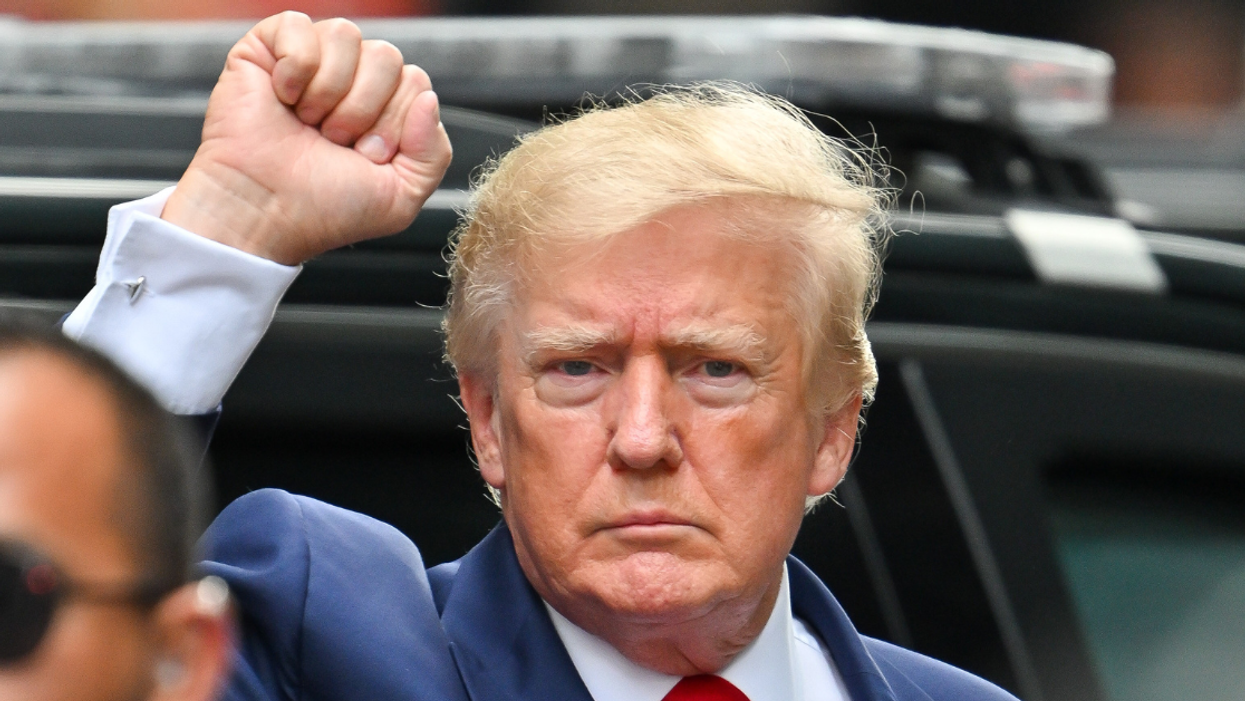
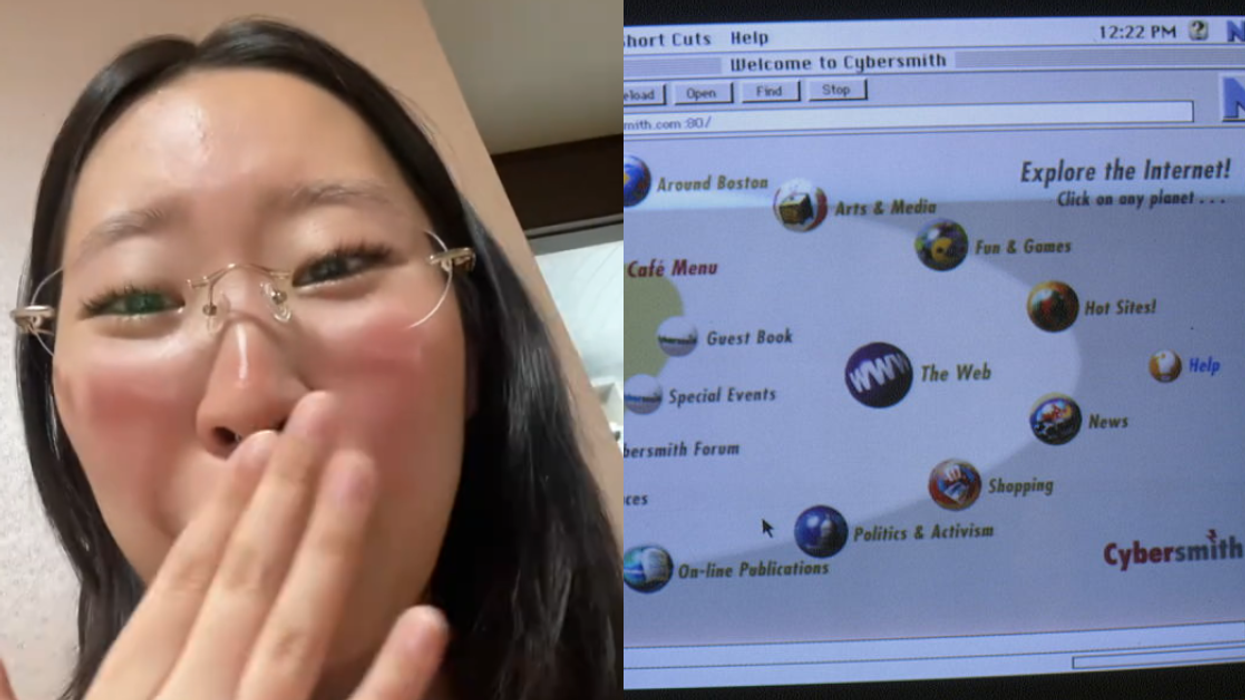

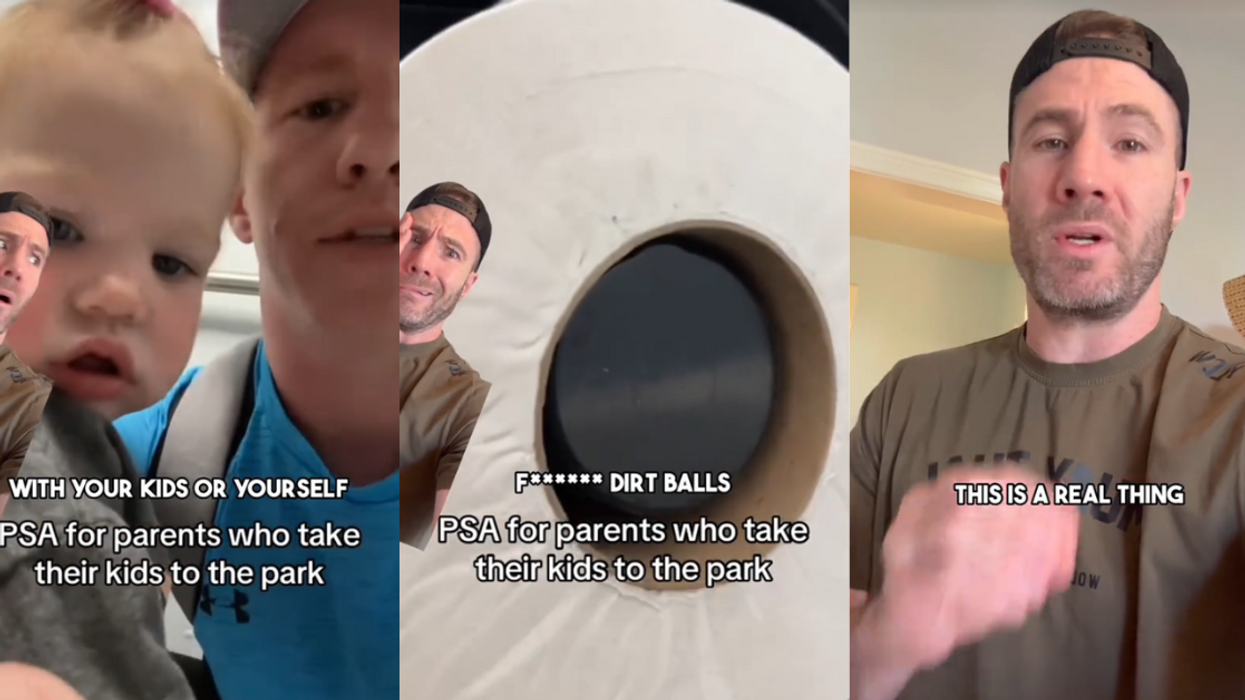


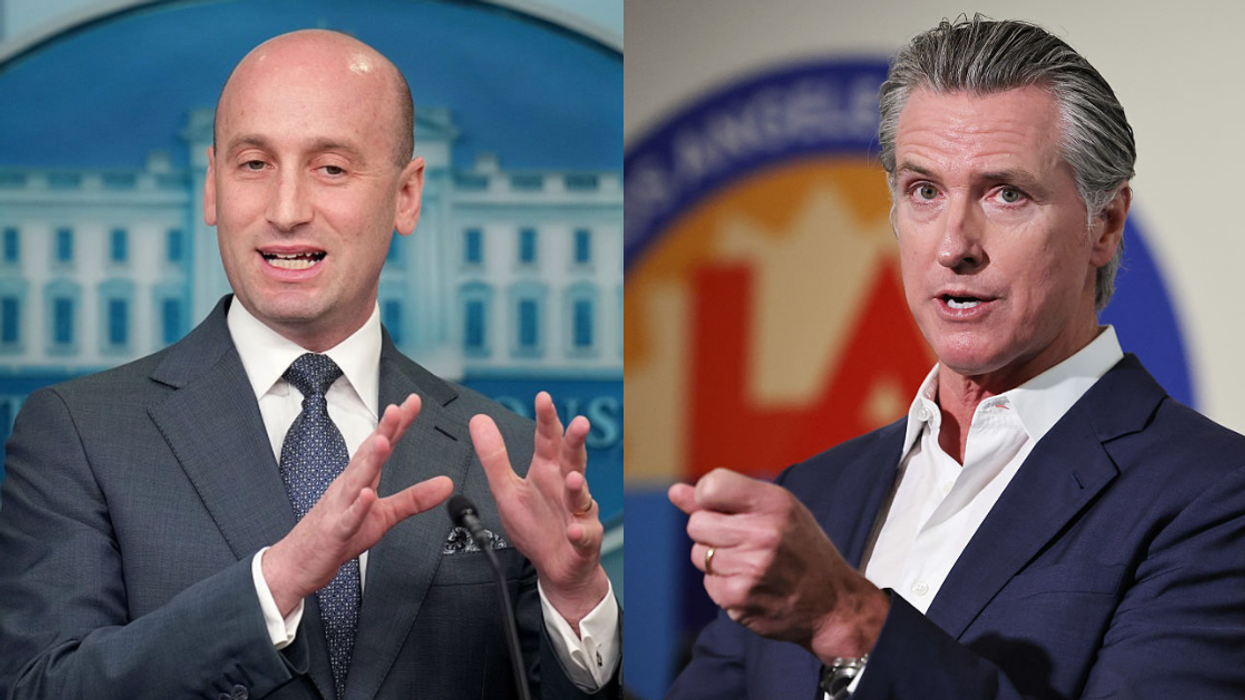
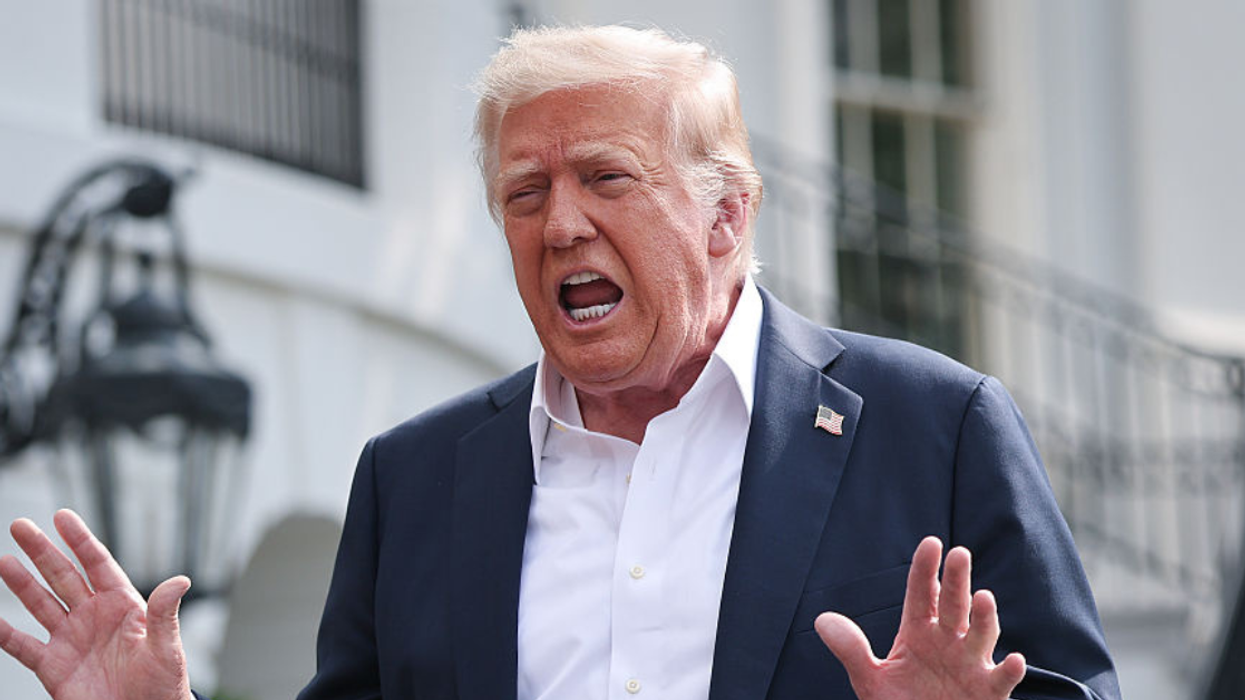
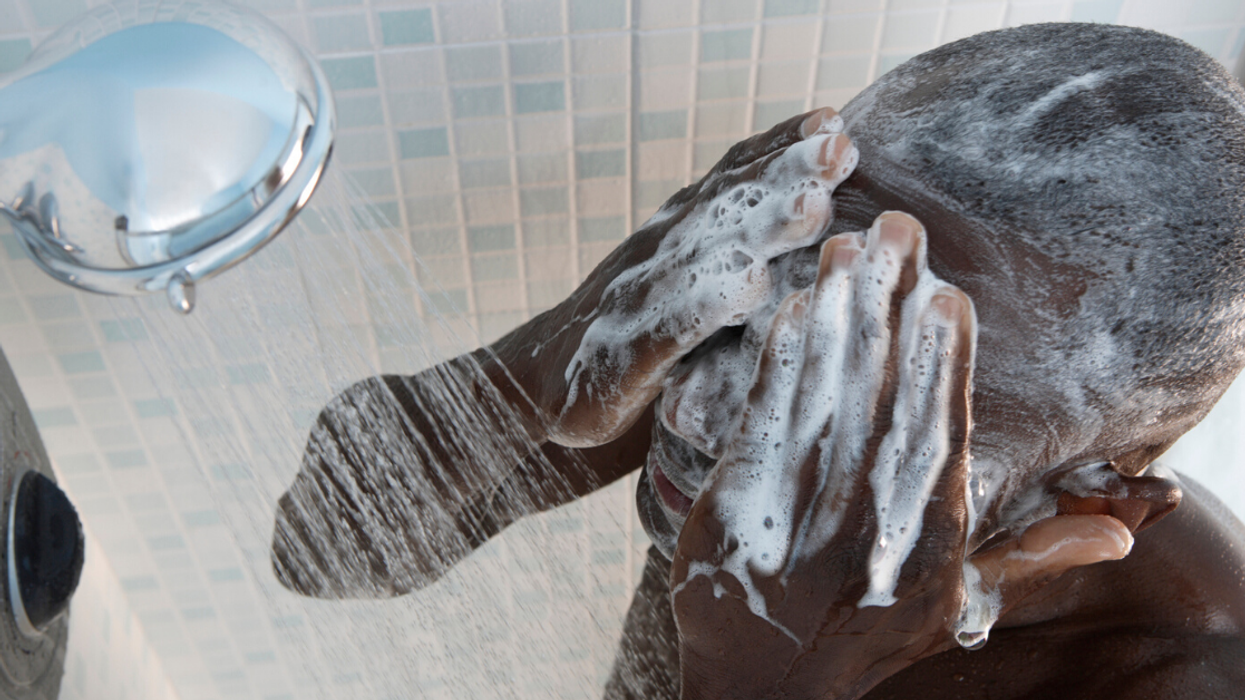
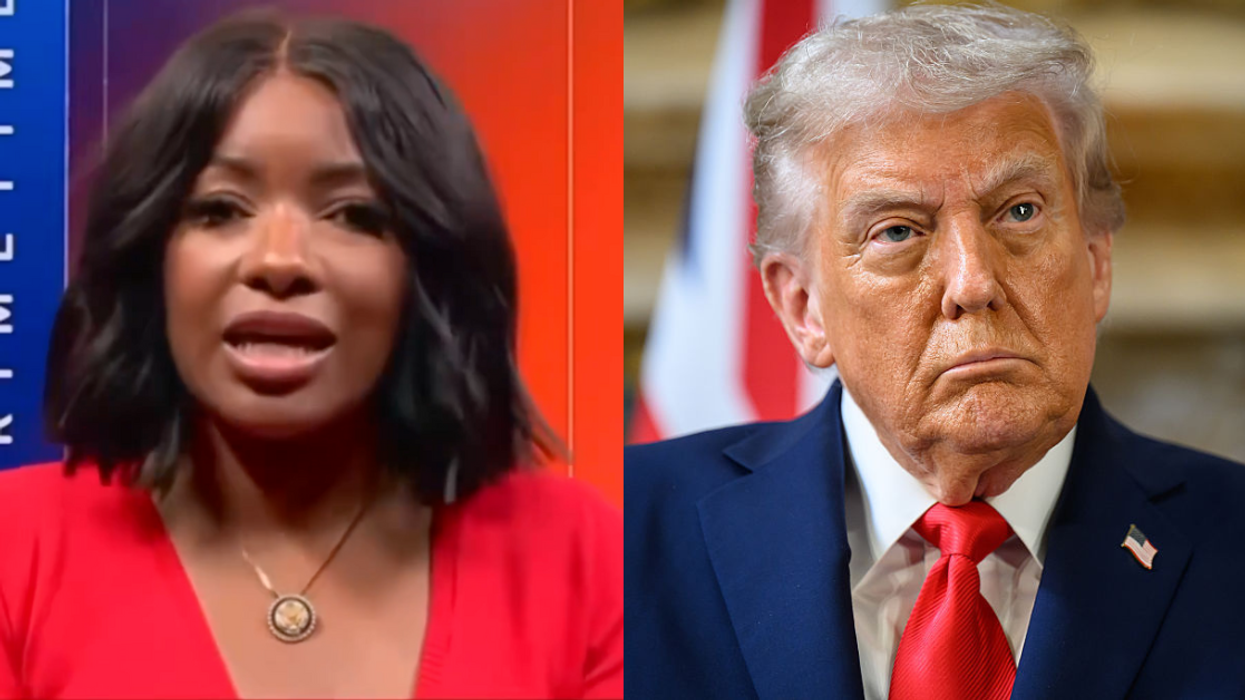


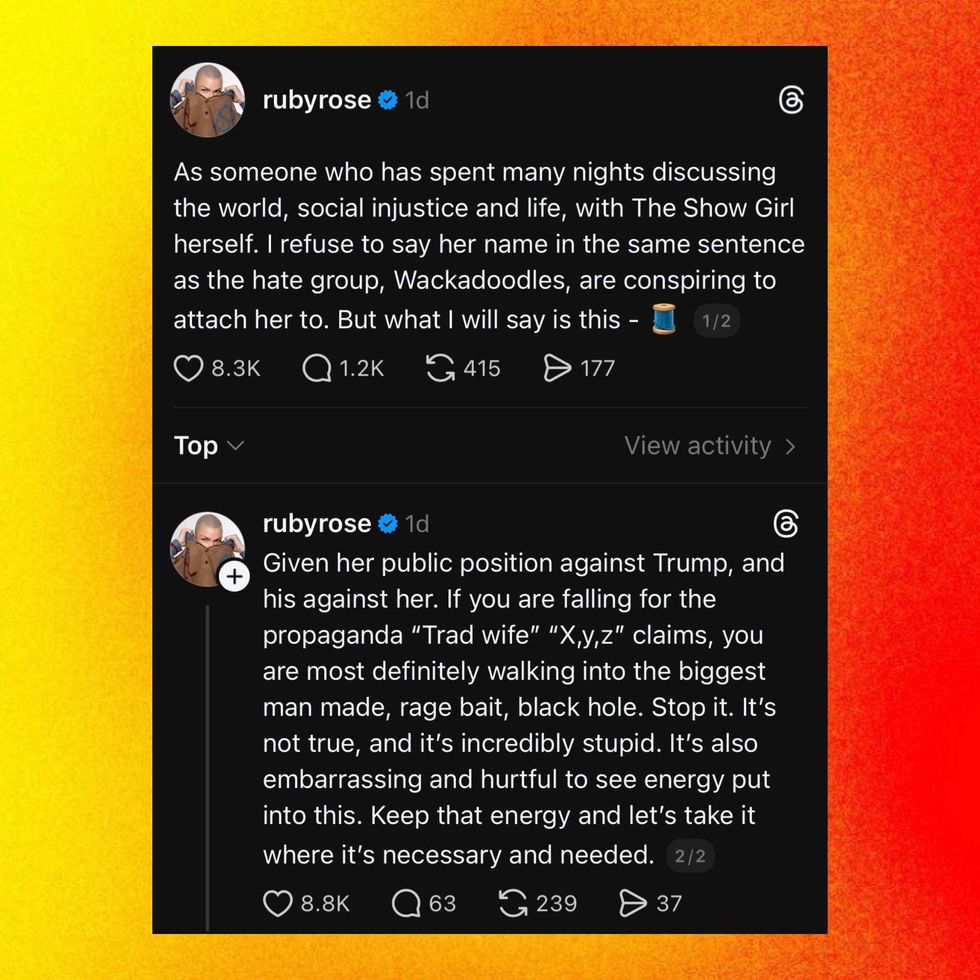 @rubyrose/Threads
@rubyrose/Threads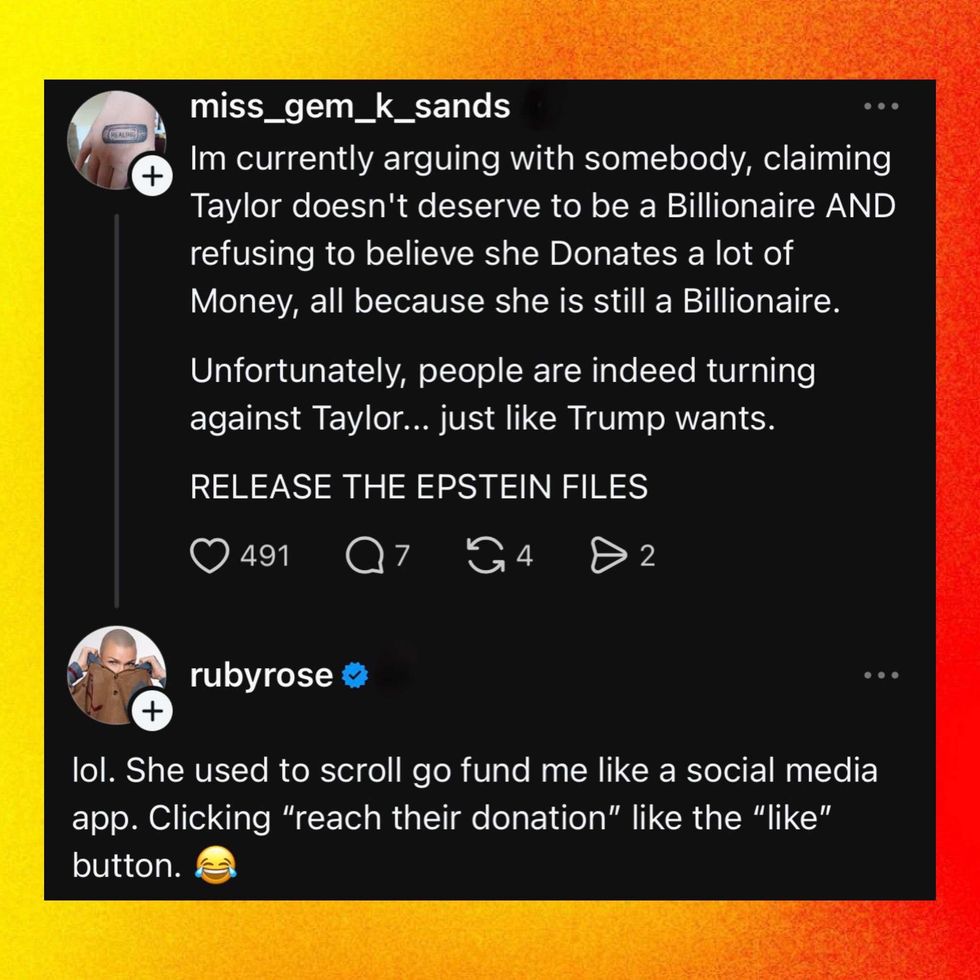 @miss_gem_k_sands/Threads and @rubyrose/Threads
@miss_gem_k_sands/Threads and @rubyrose/Threads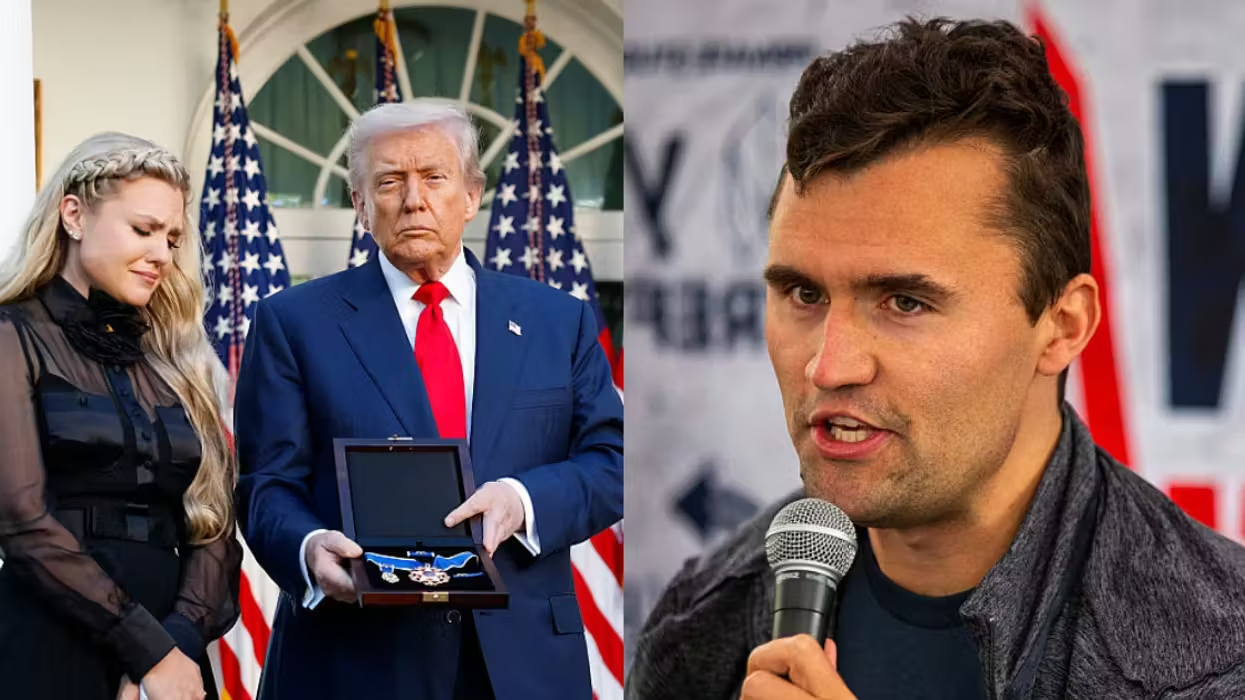

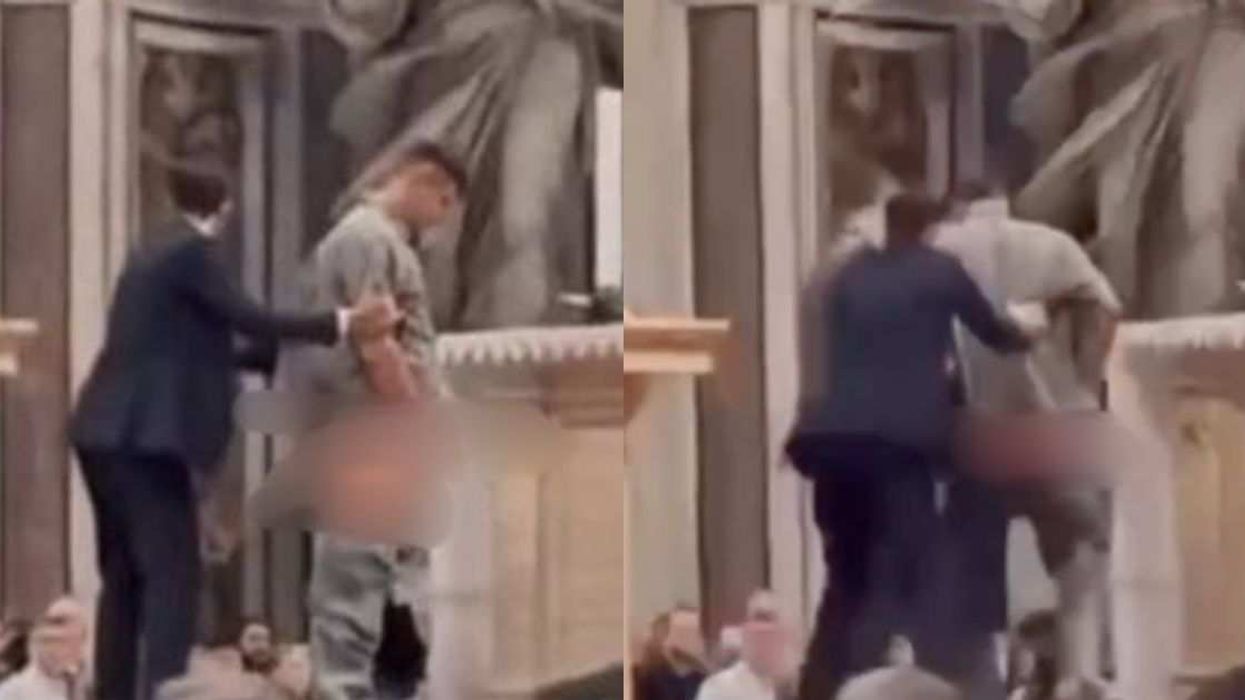
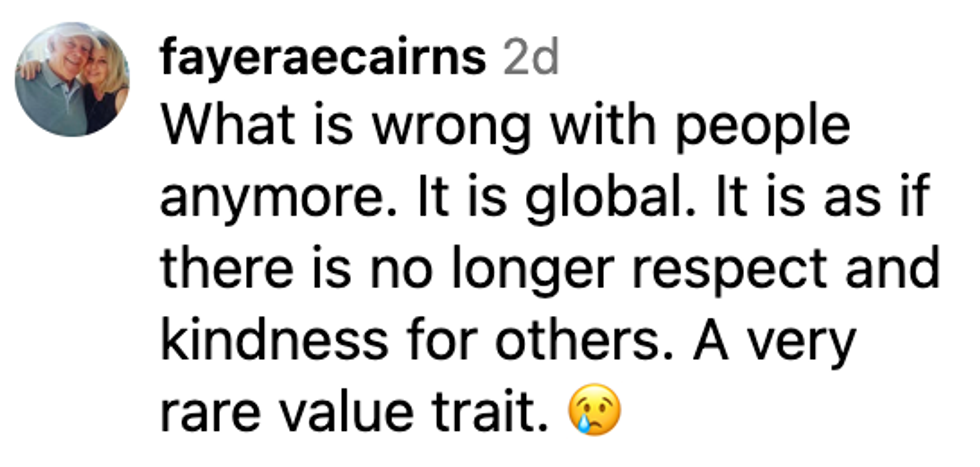 @fayeraecairns/Instagram
@fayeraecairns/Instagram @mjnewberry/Instagram
@mjnewberry/Instagram @loadingscreens/Instagram
@loadingscreens/Instagram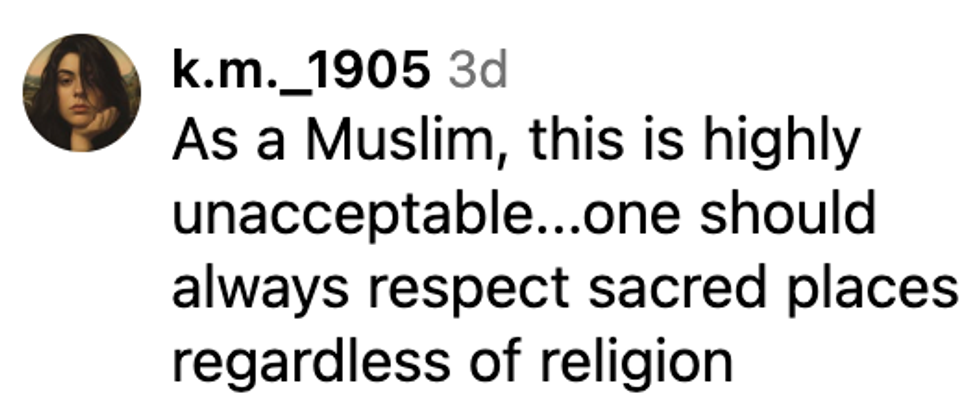 @k.m._1905/Instagram
@k.m._1905/Instagram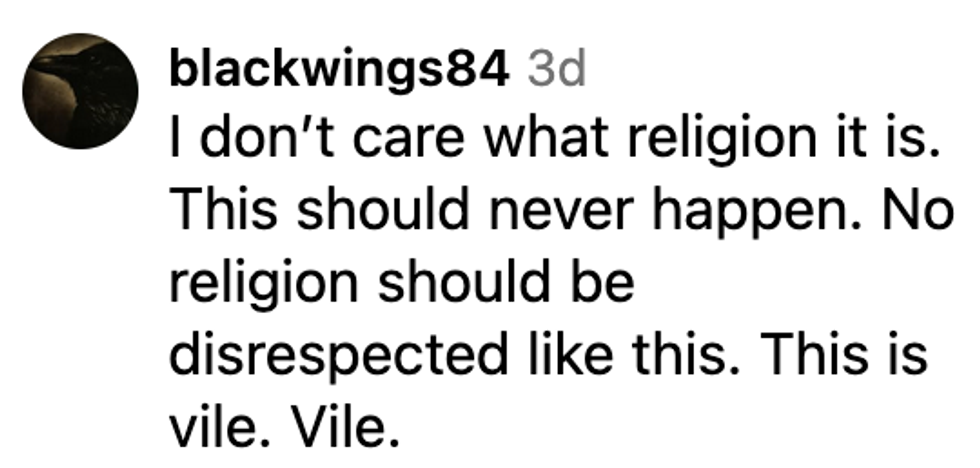 @blackwings84/Instagram
@blackwings84/Instagram @feministtere/Instagram
@feministtere/Instagram @roman_bully/Instagram
@roman_bully/Instagram @claudiamarz/Instagram
@claudiamarz/Instagram @melvinalveslamy1/Instagram
@melvinalveslamy1/Instagram